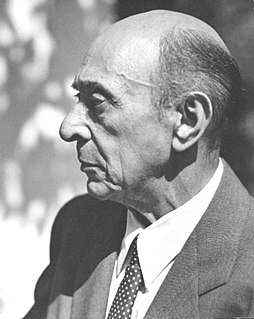A Quote by Carrie Fisher
I did the traditional thing with falling in love with words, reading books and underlining lines I liked and words I didn't know. It was something I always did.
Quote Topics
Related Quotes
I always wrote. I wrote from when I was 12. That was therapeutic for me in those days. I wrote things to get them out of feeling them, and onto paper. So writing in a way saved me, kept me company. I did the traditional thing with falling in love with words, reading books and underlining lines I liked and words I didn't know.
Did I offer peace today? Did I bring a smile to someone's face? Did I say words of healing? Did I let go of my anger and resentment? Did I forgive? Did I love?' These are the real questions. I must trust that the little bit of love that I sow now will be many fruits, here in this world and the life to come.
Did I offer peace today? Did I bring a smile to someone's face? Did I say words of healing? Did I let go of my anger and resentment? Did I forgive? Did I love? These are the real questions. I must trust that the little bit of love that I sow now will bear many fruits, here in this world and the life to come.
You said, 'I love you.' Why is it that the most unoriginal thing we can say to one another is still the thing we long to hear? 'I love you' is always a quotation. You did not say it first and neither did I, yet when you say it and when I say it we speak like savages who have found three words and worship them. I did worship them but now I am alone on a rock hewn out of my own body.
Men of the world who value the Way all turn to books. But books are nothing more than words. Words have value; what is of value in words is meaning. Meaning has something it is pursuing, but the thing that it is pursuing cannot be put into words and handed down. The world values words and hands down books but, though the world values them, I do not think them worth valuing. What the world takes to be values is not real value.
I like reading for things. I've shown up for jobs before where I haven't read for them, and there's something kind of intimidating about that - where the first words they'll hear from me are when they call "action." There's something about actually going in and earning a part and going, like, "Okay, they really liked what I did, and so I'm on the right track."
The Librarian considered matters for a while. So…a dwarf and a troll. He preferred both species to humans. For one thing, neither of them were great readers. The Librarian was, of course, very much in favor of reading in general, but readers in particular got on his nerves. There was something, well, sacrilegious about the way they kept taking books off the shelves and wearing out the words by reading them. He liked people who loved and respected books, and the best way to do that, in the Librarian’s opinion, was to leave them on the shelves where Nature intended them to be.
I believe that fallen creatures perish, perish for ever, for only good can live, and good has not been theirs; but how durst men forge our Saviour's words "eternal death " into so horrible a meaning? And even if he did use other words, and seem to countenance such a meaning for them (and what witness have we that He did, except that of men whose ignorance or prejudice might well have interpreted these words wrongly as they did so many others?
The Rolling Stones were an inkling towards an appreciation of the unity of music, dance and words. Any of the black R&B people who had a stage show that involved dancing, music and words did the same thing, except that I thought Jagger's words were good, his music was good and his dancing was good. I spoke to him about Blake and tried to get him to sing [William] Blake's The Grey Monk, to use his words as lyrics. He didn't do it. In the end, I did it myself.


































